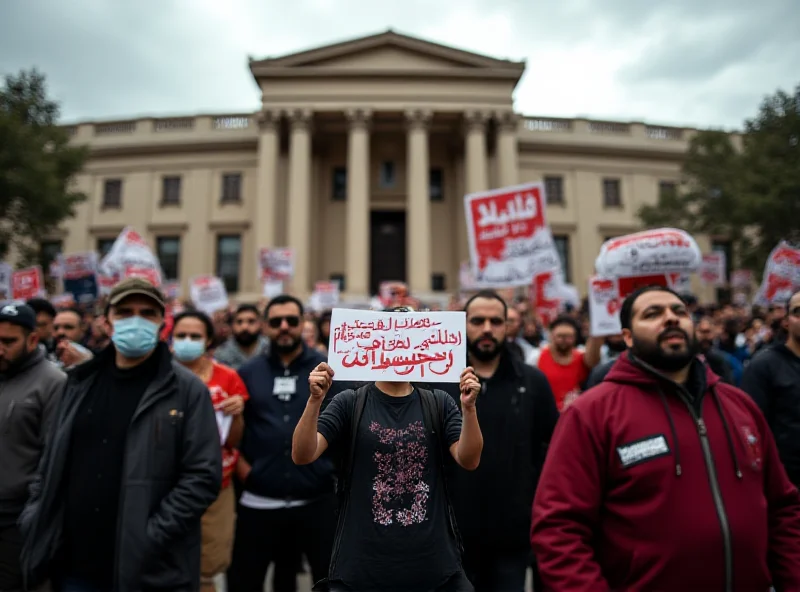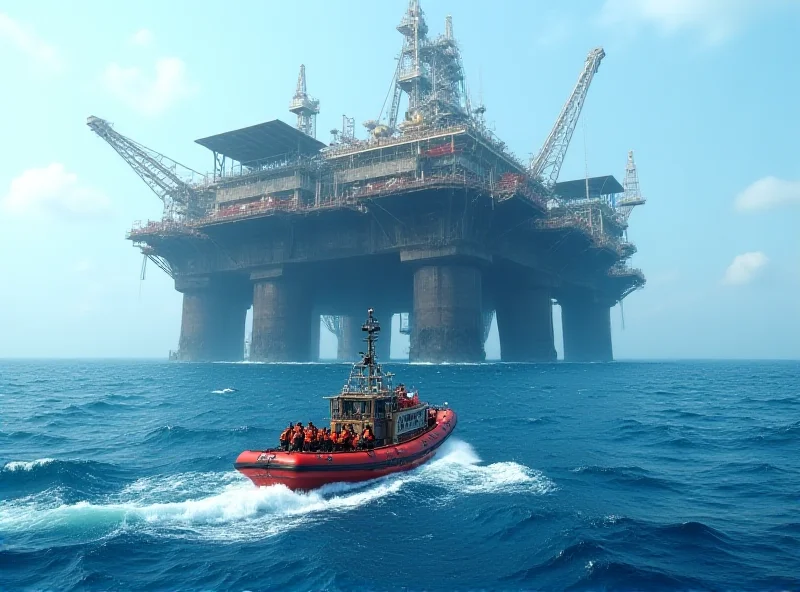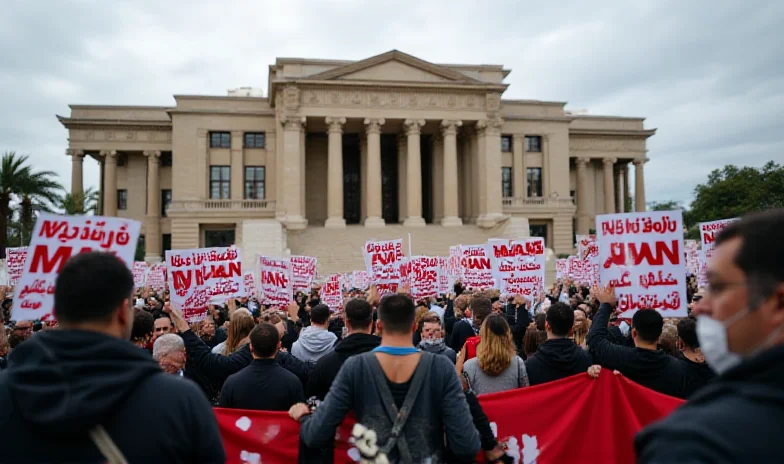Tunisia is currently facing increased scrutiny on multiple fronts, ranging from the postponement of a high-profile trial of opposition figures to ongoing concerns about migrant rescues off its coast and the dynamics of its relationship with the European Union. These interconnected issues are placing the North African nation under increasing international observation.
Postponed Trial Sparks Controversy
A trial involving approximately forty opponents, lawyers, and journalists accused of "conspiracy against state security" has been postponed until April 11th. The trial was set to begin at the Tunis courthouse, but the judge's decision to delay the proceedings has drawn criticism, particularly as some of the accused remain in prison. Activists maintain that the trial is politically motivated. The postponement raises questions about the fairness and transparency of the judicial process in Tunisia.

The accusations against the defendants include conspiring against state security. "The situation is deeply concerning," says one human rights advocate familiar with the case. "The government needs to ensure a fair and transparent process." The delay adds to the uncertainty and anxiety surrounding the case, particularly for those who remain in detention.
EU Partnership Under the Microscope
Amid the controversy surrounding the trial, Tunisia's relationship with the European Union is also being closely watched. The signing of a Memorandum of Understanding (MoU) on a Strategic and Comprehensive Partnership in 2023 was intended to usher in a new era of cooperation. However, the current climate raises questions about the effectiveness and impact of this partnership.
The MoU aimed to strengthen political and strategic ties. However, critics argue that the EU should be more vocal about human rights concerns within Tunisia. The dynamics of this relationship are complex, balancing economic interests with the need to uphold democratic values.

Migrant Rescue Highlights Ongoing Crisis
Adding to the challenges, the NGO Sea Watch recently rescued 32 migrants who were stranded for days on the Miskar oil platform off the coast of Tunisia. This incident underscores the ongoing migrant crisis in the region and the risks faced by those attempting to cross the Mediterranean Sea.
This isn't the first time migrants have sought refuge on the Miskar platform, highlighting a recurring pattern. The rescue operation by Sea Watch is a stark reminder of the humanitarian challenges faced by Tunisia and the international community in addressing migration flows.

The confluence of these issues – the postponed trial, the EU partnership, and the migrant crisis – paints a complex picture of Tunisia's current situation. The coming weeks will be critical in determining how these challenges are addressed and what impact they will have on the country's future.
